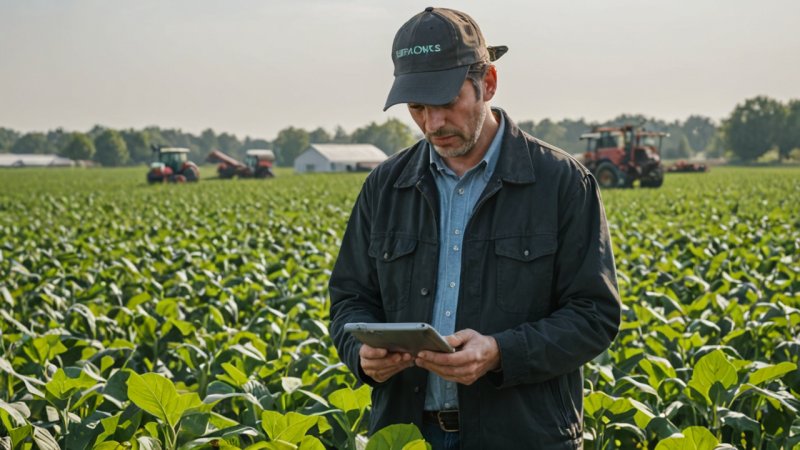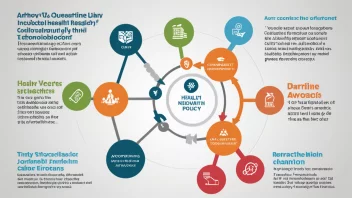Sustainable agriculture is becoming increasingly important as the global population continues to rise and the effects of climate change become more pronounced. Research in this field is crucial for developing practices that not only increase food production but also preserve the environment for future generations. In this article, we will explore how academic research is contributing to sustainable agriculture through innovative techniques, technologies, and practices.
One of the key areas where research is making a significant impact is in the development of crop varieties that are more resilient to environmental stressors. Scientists are utilizing genetic engineering and traditional breeding methods to create crops that can withstand drought, pests, and diseases. For example, drought-resistant maize varieties have been developed that require less water while still producing high yields. This not only helps farmers in arid regions but also contributes to water conservation efforts.
Another important aspect of sustainable agriculture research is the study of soil health. Healthy soil is essential for growing crops, and researchers are investigating various practices that can improve soil quality. Techniques such as cover cropping, crop rotation, and reduced tillage are being studied for their effectiveness in enhancing soil fertility and structure. These practices can lead to increased carbon sequestration, reducing the overall carbon footprint of agriculture.
In addition to crop and soil research, technology plays a vital role in advancing sustainable agricultural practices. Precision agriculture, which uses data analytics and GPS technology, allows farmers to optimize their use of resources. For instance, sensors can monitor soil moisture levels and provide real-time data to inform irrigation decisions, ensuring that water is used efficiently. This not only saves resources but also minimizes the environmental impact of farming.
Moreover, research is also focusing on integrated pest management (IPM) strategies that reduce reliance on chemical pesticides. By studying the interactions between pests, crops, and beneficial organisms, scientists are developing methods that enhance natural pest control. This leads to healthier ecosystems and minimizes the risks associated with chemical pesticide use.
Finally, social sciences research is essential in understanding the economic and social aspects of sustainable agriculture. Studies on farmer behavior, market access, and policy frameworks help identify barriers to adopting sustainable practices. By addressing these challenges, researchers can provide valuable insights that lead to more effective agricultural policies and programs.
In conclusion, research is playing a pivotal role in advancing sustainable agriculture. From developing resilient crop varieties and improving soil health to leveraging technology and understanding social dynamics, academic inquiry is essential for creating a more sustainable food system. As we continue to face global challenges such as climate change and food security, the importance of research in this field cannot be overstated. By supporting and investing in agricultural research, we can ensure a sustainable future for generations to come.






